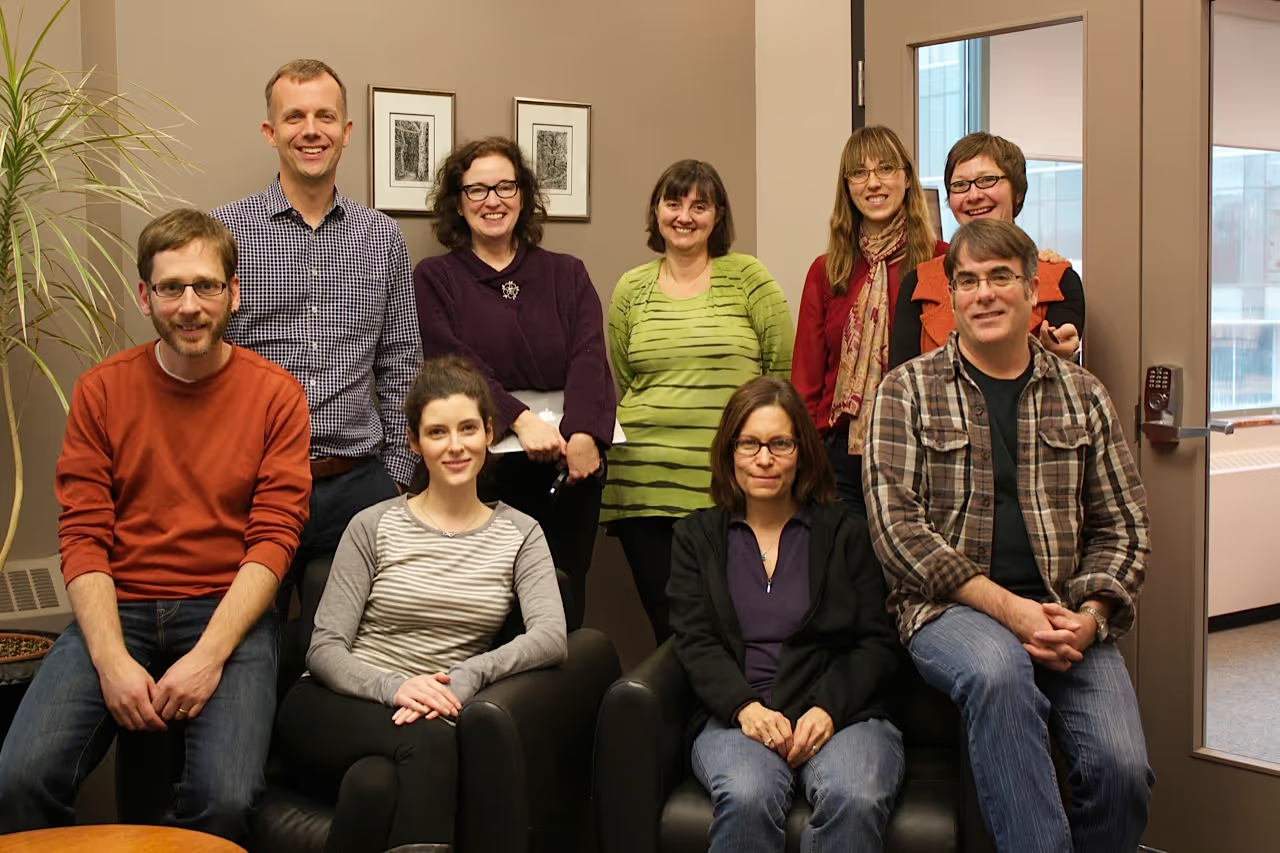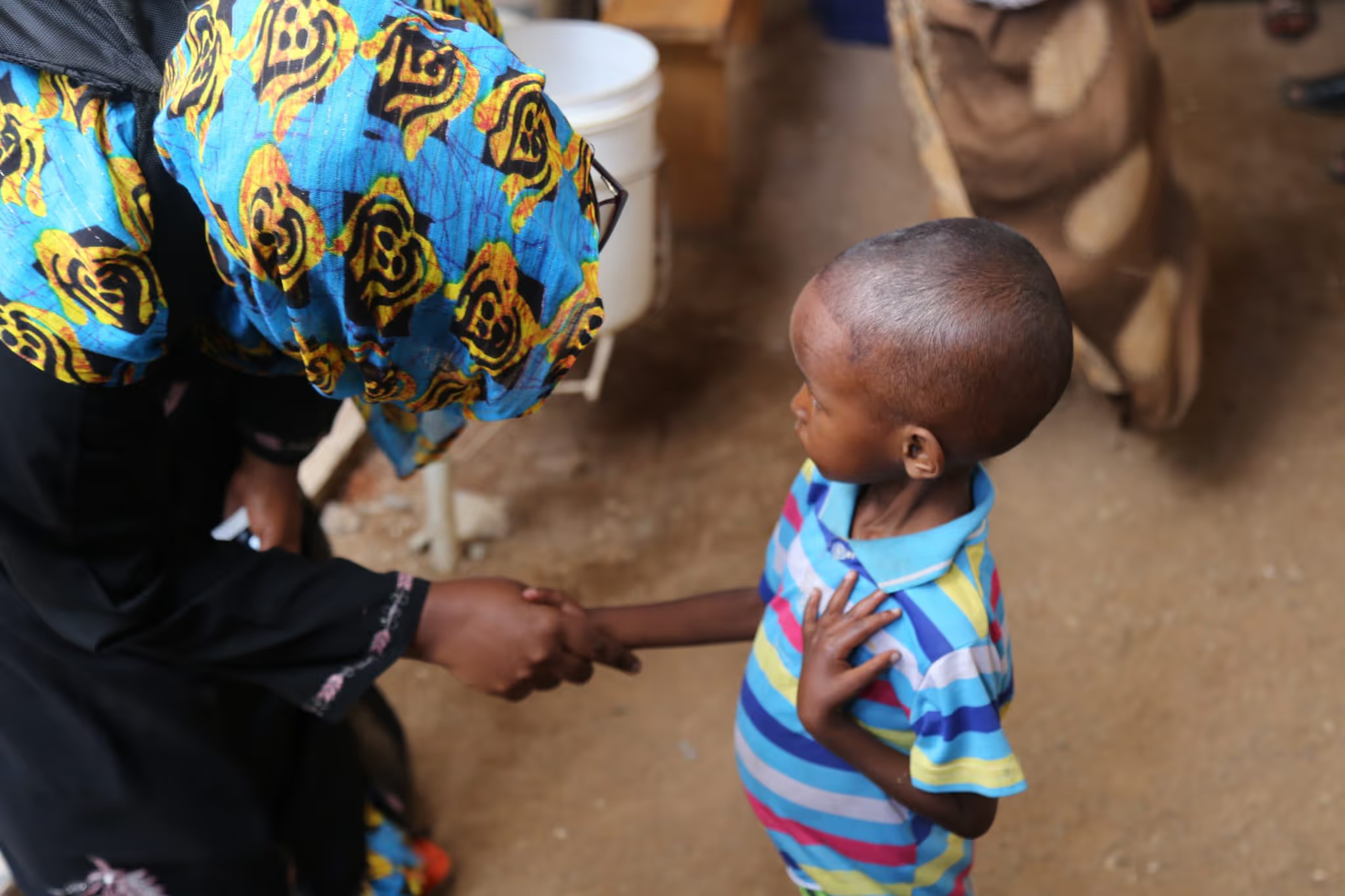Ethics & palliative care during international humanitarian action

Project overview
This project aimed to; clarify ethical and practical possibilities and challenges of humanitarian organisations addressing patients’ and families’ palliative care needs; inform realistic, context-sensitive and stakeholder-informed guidance, education, and practices; and develop a baseline of current palliative care provisions
Project solution
This project offers [specific solution or intervention] to tackle [challenge]. By implementing [strategies, tools, or innovations], the project aims to achieve [desired outcomes]. The approach is designed to [specific actions or methods] to bring about meaningful change in [community, region, or issue area].
Expected outcomes
This project aims to achieve [specific outcomes], such as [measurable results, improvements, or changes]. The expected impact includes [benefits to the target community, advancements in research or innovation, or long-term effects]. By the end of the project, we anticipate [specific changes or milestones] that will contribute to [broader goals or objectives].
Principal Investigators: Lisa Schwartz, McMaster & Matthew Hunt, McGill
Research snapshot: Palliative care in two refugee camps in Rwanda
Get an overview of the research relating to palliative care in two refugee camps in Rwanda in this research snapshot.
[.cta_link]View[.cta_link]
Research snapshot: Palliative care in natural disaster response
Get an overview of the research relating to palliative care in natural disaster response in this research snapshot.
[.cta_link]View[.cta_link]
WHAT DID THIS STUDY SET OUT TO ACHIEVE?
This qualitative study aimed to investigate provision of palliative care within humanitarian response, including the ethical dimensions for health care providers and experiences of affected individuals and care-givers.
The study successfully completed a literature review, an organisation-based survey and qualitative interviews with humanitarian policy-makers, healthcare providers (local and international), individuals living with palliative care needs, and their caregivers. Case studies were developed from the emergency response for displaced Syrian refugees in Jordan, a protracted refugee setting in Rwanda, the 2014-15 Ebola outbreak in Guinea, as well as from global emergency response to natural disasters.
WHAT WERE THE KEY FINDINGS?
- The literature review highlighted a lack of evidence on palliative care provision in emergency contexts, itself a reflection that this is often an overlooked aspect of humanitarian response.
- The moral experience of humanitarian responders was grounded in values of compassion in the provision of care, and justice in accessing it. Themes included easing suffering, upholding dignity, prioritisation, systemic constraints, and the weight of responsibility.
- Obstacles were identified to implementation of palliative care by humanitarian organisations.
Patient and healthcare provider participants overwhelmingly spoke of the crucial importance of low-cost, low-specialty care such as accompaniment. - There always remains ‘something to offer’ in terms of palliative care in international humanitarian action, however such interventions should in no way diminish attempts to offer curative care where/when possible, working towards improvements of local and global health systems, and advocating for equity, justice and rights to health and healthcare.
Palliative care in two refugee camps in Rwanda
- Focusing on living and remaining hopeful dominated refugee participants’ narratives.
- Pain relief was a major concern, as were existential issues such as anxiety of dying in a foreign land and leaving family members.
- Refugees identified obstacles to a sense of wellbeing: trauma from causes of displacement; disruptions and distress from taking on new identities &; roles (i.e., as refugees, ill person, primary caregiver); time delays in diagnosis &; treatment; distance from family and other comforts; stigmatization associated with their illness; and material barriers (e.g., infrastructure, distance, finances, nutrition, childcare, etc.).
- Healthcare providers caring for refugees with life-limiting illnesses were unanimous in their commitment to offer palliative care, seeing it as a moral duty to care for fellow human beings, and a professional responsibility as care providers.
Palliative care in natural disaster response
- Palliative care is seen as a key component of comprehensive humanitarian healthcare.
- Palliative care involves accompaniment and psycho-social support for patients and their families, dignity in death and dying, and management of pain and other distressing symptoms.
- Barriers to the provision of palliative care in natural disaster settings included damage to health structures and supply chains; inadequate resources compared to need; the invisibility of patients with palliative needs;
differences in local cultural norms; prioritization of acute needs; and challenges of mobility and access to care. - Despite resource limitations, respondents agreed that humanitarian aid organizations have an ethical obligation to provide palliative care during disaster response
;
What does this mean for policymakers and practitioners?
- Public education could help address stigma and illness assumptions, to normalize talk about death and dying, and to increase learning about palliative care.
- Essential palliative care training for various healthcare providers and family caregivers could help them in addressing palliative needs.
- Centralizing information sharing and simplifying referral administration could reduce delays in accessing essential care.
- Integrating palliative care within broader medical and social services could be more cost effective as well as holistic.
- More globally, greater efforts are needed to remove barriers to accessing essential medications in order to reduce suffering and support refugees facing serious life-limiting illnesses.
- Palliative care must be integrated into disaster planning from the beginning; otherwise, it is likely to be neglected during a crisis.
- Key components of disaster planning include strategies to ensure accompaniment and pain management for patients who may have a low chance of survival, and the inclusion of psychosocial care providers in disaster response teams.
- Palliative care training and protocols are needed to guide practice in natural disaster settings.
- While state-of-the-art palliative care may not be feasible, minimum standards should include shelter and privacy; sensitivity to cultural norms; access to pain medication; and family/community involvement.
- Long-term goals could involve strengthening local health system capacity to provide palliative care sustainably.
Project delivery & updates
Stay up to date with the latest developments from this project. Here, you will find details on what has been delivered, resources created, and regular updates as the project progresses. Access key documents, reports, and other materials to see how the project is making an impact.







